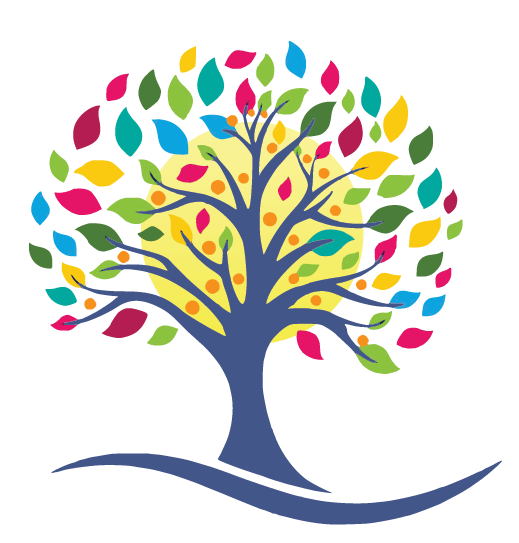The Ripple Effect: How Drug Addiction Impacts Families
Drug addiction isn't just a disease that affects the individual; it sends shockwaves through the entire family unit.
For those who love someone struggling with substance abuse, the impact can be devastating, leaving a trail of emotional and practical challenges.
Here's a closer look at how drug addiction affects families:
- Broken Trust and Communication: Addiction thrives on secrecy and manipulation. Lies, broken promises, and erratic behavior erode trust within the family. Open communication becomes strained, leaving loved ones feeling isolated and unheard.
- Emotional Toll: Family members often experience a rollercoaster of emotions - fear, anger, guilt, and helplessness. Watching someone you love self-destruct can be heartbreaking and emotionally draining.
- Financial Strain: Supporting a drug habit can be expensive. The addicted individual may steal money, neglect financial obligations, or lose their job, putting a significant financial burden on the family.
- Impact on Children: Children raised in a household with addiction are especially vulnerable. They may experience anxiety, depression, and confusion. Witnessing drug use can also normalize it, increasing their own risk of substance abuse.
- Enabling Behaviors: In a desperate attempt to help, loved ones may unknowingly enable the addiction. This includes giving money to fund the habit, making excuses for bad behavior, or covering up consequences.
Breaking the Cycle of Addiction
There is hope for families affected by drug addiction. Here are some ways to cope and get support:
- Educate Yourself: Learn about addiction as a disease, not a personal failing. This understanding can help manage expectations and navigate challenges.
- Set Boundaries: Tough love, while not always the answer, may be necessary. Don't enable the addiction, but set clear boundaries and consequences for unhealthy behaviors.
- Seek Support Groups: Connecting with others who understand your struggles can be invaluable. Support groups offer a safe space to share experiences and find strength in numbers.
- Focus on Self-Care: Taking care of yourself emotionally and physically is crucial. Prioritize healthy activities, seek therapy if needed, and don't neglect your own well-being.
Remember, you are not alone. Drug addiction is a treatable disease, and help is available for both the individual struggling and their loved ones.
By educating yourselves, setting boundaries, and seeking support, families can begin to heal and rebuild a healthy future.


